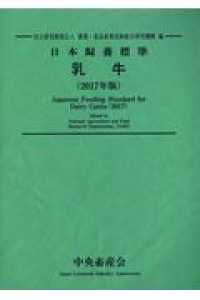Full Description
This volume seeks to add to our understanding of how language is constructed in late capitalist societies. Exploring the conceptual and theoretical underpinnings of the so-called "commodification of language" and its relationship to the notion of linguistic capital, the authors examine recent research that offers implications for language policy and planning.
Bringing together an international group of scholars, this collection includes chapters that address whether or not language can rightly be referred to as a commodity and, if so, under what circumstances. The different theoretical foundations of understanding language as a resource with exchange value - whether as commodity or capital - have practical implications for policy writ large. The implications of the "commodification of language" in more empirical terms are explored, both in terms of how it affects language as well as language policy at more micro levels. This includes more specific policy arenas such as language in education policy or family language policies as well as the implications for individual identity construction and linguistic communities.
With a conclusion written by leading scholar David Block, this is key reading for researchers and advanced students of critical sociolinguistics, language and economy, language and politics, language policy and linguistic anthropology within linguistics, applied linguistics, and language teacher education.
Contents
List of Illustrations
List of Contributors
Acknowledgements
Introduction
Chapter 1: Confronting Language Fetishism in Practice
Chapter 2: Language as Instrument, Resource, and maybe Capital, but not Commodity: A Marxian Clarification
Chapter 3: Language, Context, and Economic Value: An Interactionist Approach
Chapter 4: Misconceptions of Economics and Political Economy in Sociolinguistic Research
Chapter 5: Between Voice and Voices: Negotiating value among interpreters in Toronto
Chapter 6: "A breathtaking English": Negotiating what counts as distinctive linguistic capital at an elite international school near Barcelona
Chapter 7: Language, ethnicity, and tourism in the making of a Himalayan Tamang village
Chapter 8: When linguistic capital isn't enough: personality development and English speakerhood as capital in India
Chapter 9: Ideologies of multilingualism as an investment and as a marketable commodity among Greek expat families in Luxembourg
Chapter 10: Names as linguistic capital
Chapter 11: Ideologies of French and commodification: What does meaning making imply for multilinguals in transnational times?
Coda: Issues arising around conceptual and empirical work on the commodification of language
Index







